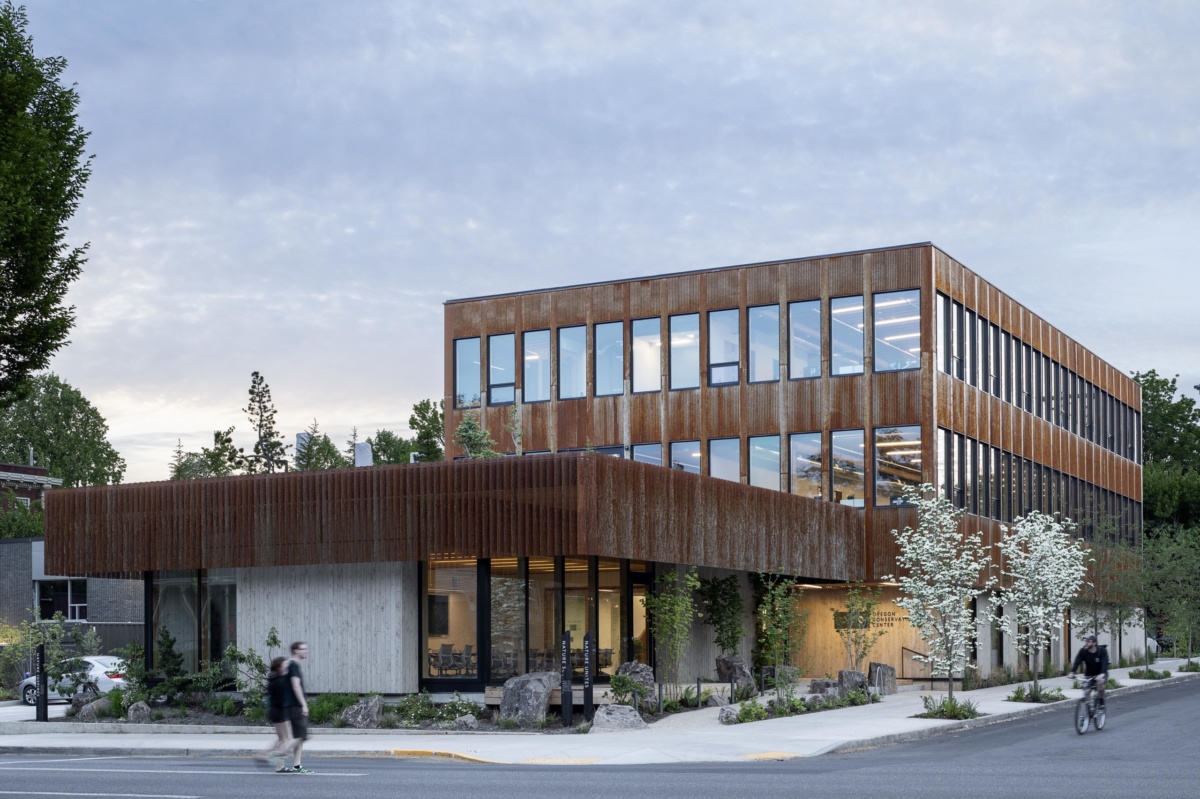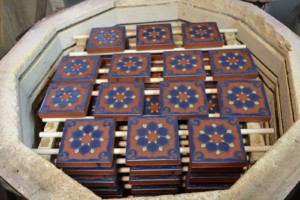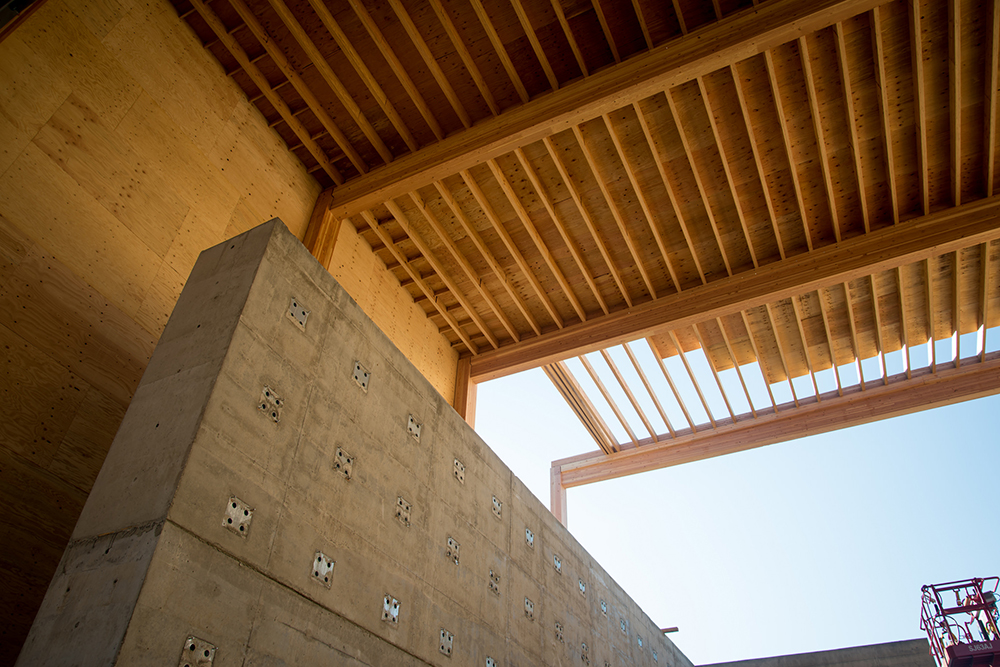The Unites States has picked a fight with one of its most peaceful trading partners, this time over a popular construction material.
Yesterday the U.S. announced it will impose duties on imported Canadian softwood lumber. Canada, predictably, is not happy with the move.
The U.S. Commerce Department said it will put in place “preliminary anti-subsidy duties” of around 20 percent, a move that will impact $5.66 billion in imports, Reuters reported. The decision comes as the U.S., Canada, and Mexico gear up to renegotiate North American Free Trade Agreement (NAFTA) later this summer.
The U.S. said that Canada’s West Fraser Mills would pay 24.12 percent, the highest duty rate, while J.D. Irving Ltd would pay the lowest (3.02 percent). Aside from a few other major producers, all Canadian timber companies will pay a 19.88 percent duty.
This is only the latest point of contention in a decades-long dispute between the two countries over lumber. The U.S. government claims that Canadian timber producers, who harvest the wood on government land, have an unfair trade advantage over American timber producers, who typically get their wood from privately-owned property.
In a statement, Canadian Natural Resources Minister Jim Carr and Foreign Minister Chrystia Freeland characterized the Commerce Department’s claims as “baseless and unfounded.” Canada said it will make moves to protect its lumber in court.
All told, the duties would add up to about $1 billion annually, but could cause construction costs in the U.S. to rise.
Wood yew like to learn more?
Construction Dive has insight into what the move will mean for the AEC industry. The New York Times reports that a study by the National Association of Home Builders estimates that a tariff of 15 percent could raise new home prices by around 4 percent, while Bloomberg News gives greater context to the history of the hard-headed history of the softwood lumber dispute.










